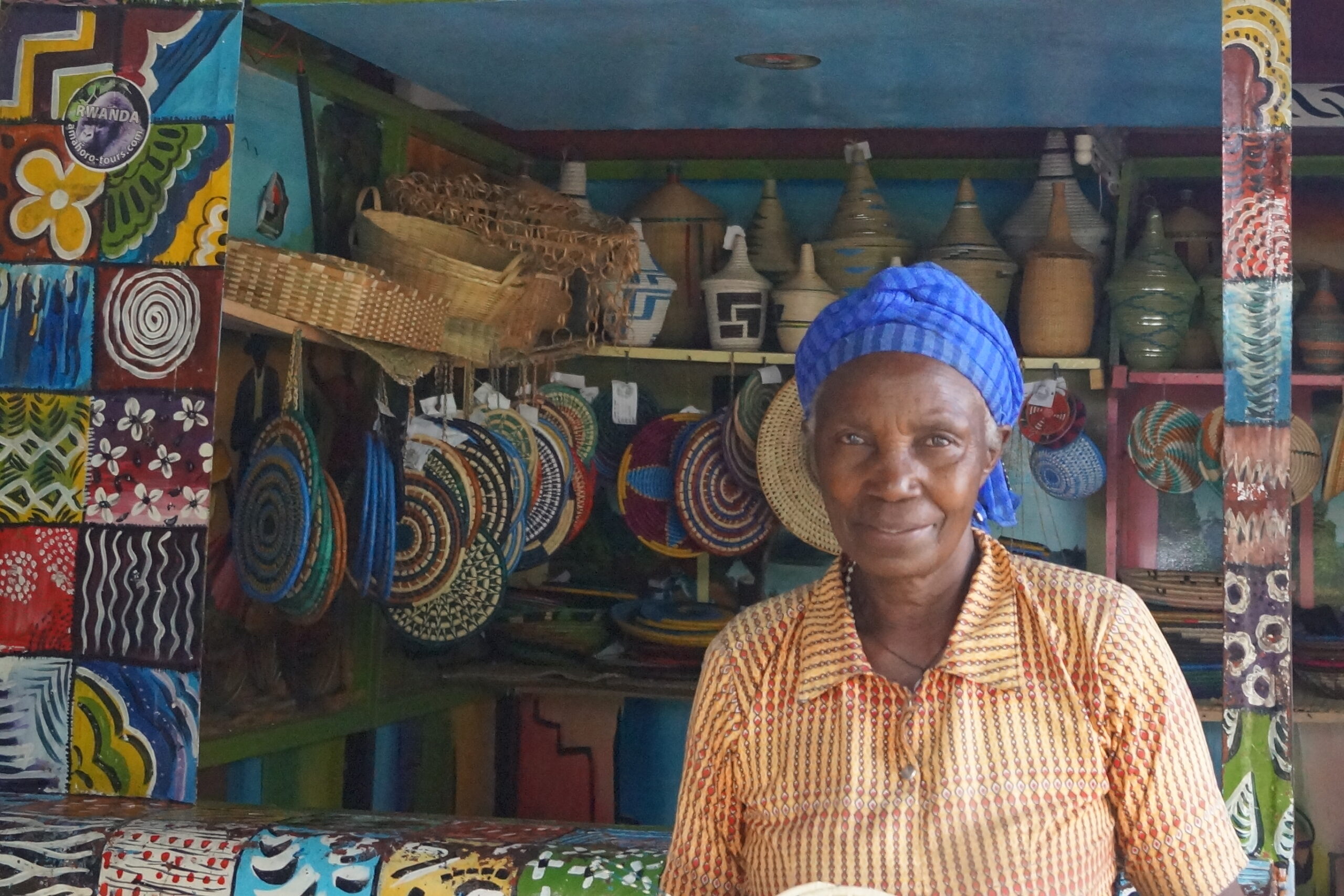
Despite spatial importance of national parks and other protected areas and increasing threats posed to nature by different agents, successful conservation still remains inconsistent and, in some instances, controversial. Tourism is a challenging business. The whole of Africa only attracts 5% of global travellers. And the market is quite competitive. Tour operators have to deal with high overhead costs and low profit margins. Furthermore, this industry is sensitive to shocks caused by disease outbreaks, natural disasters and political instability and the current global pandemic effects of COVID-19.
What all these imply is that there’s little money spared for large-scale conservation efforts and/or sustainable community development. And strong competition among tour firms for bookings necessitates promotion of famous animal species like the mountain gorillas in the Virunga massif and the Big 5. The protection of the critically endangered species has also been a major concern for industry players. However, less captivating animals and plants are often overlooked. The hope, for these reasons, placed in ecotourism as part of solution to Africa’s poverty and conservation problems has not been realized.
But all is not lost. There’s a flicker of light beginning to shine at the end of a tunnel. At our premises based in Nyakinama Village, 8 kilometers from Musanze town we are taking a lead in integrating tourism, conservation and community development around the Volcanoes National Park.
Instead of basing our activities on wistful thinking and profit-driven motifs, we changed the narrative by establishing partnership with other ecotourism ventures, charitable NGOs and volunteers to fulfill our different programs running under Red Rocks Initiatives for Sustainable Development . And these partnerships seem to be working better. Red Rocks ecotourism programs continue to provide environmentally-sensitive employment to the locals, mostly youth and women,
